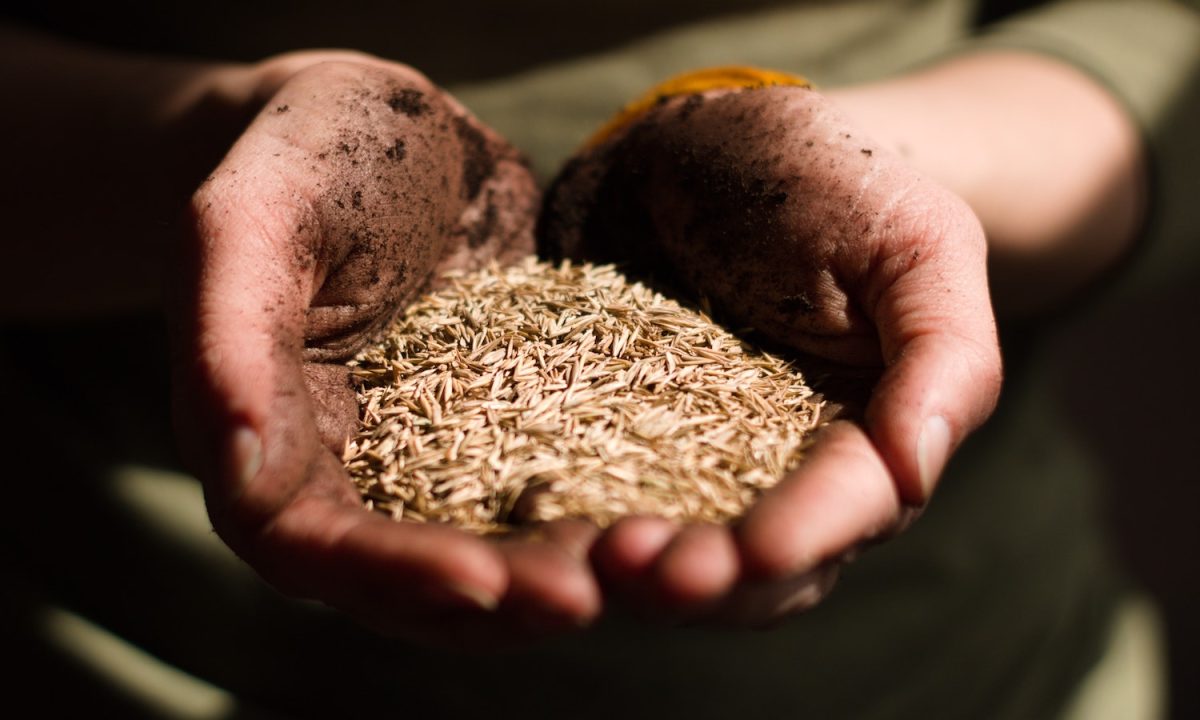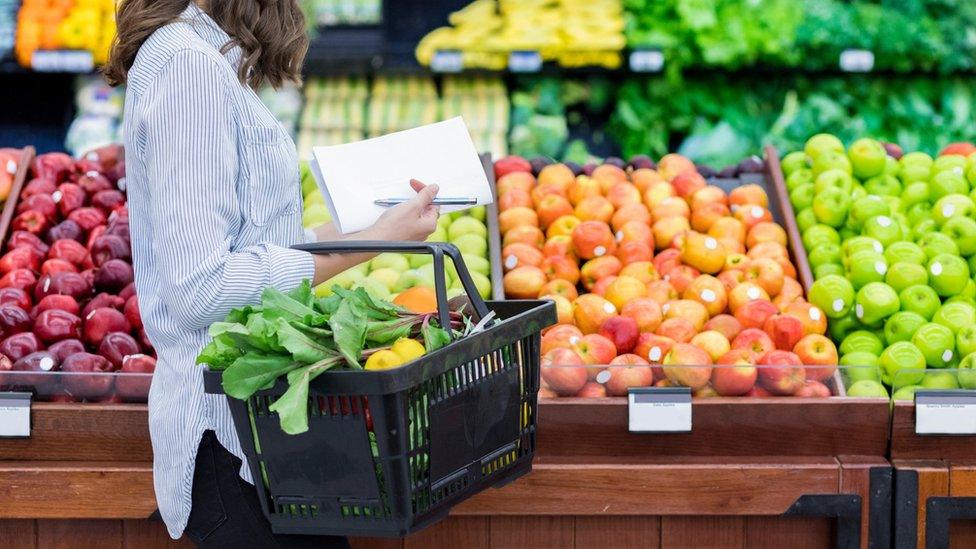Every 10 seconds, a child dies of hunger. Food insecurity is a major issue that affects millions of people every day, and it’s not getting better.
Food insecurity affects 1 in 11 people globally, according to the World Health Organization (WHO). This already massive issue is continuing to grow, affecting more and more people worldwide.
“The world has been set back 15 years, with levels of undernourishment comparable to those in 2008-2009,” says the WHO, “Despite some progress in specific areas…global hunger levels have plateaued for three consecutive years”
This information is especially concerning because of the startling effects that food insecurity has on overall global health.
“Food insecurity and the lack of access to affordable nutritious food are associated with increased risk for multiple chronic health conditions such as diabetes, obesity, heart disease, mental health disorders and other chronic diseases,” says the National Institutes of Health (NIH).
A lot of the world hunger can be explained by the current global climate, especially when the influences of food insecurity are taken into account.
The World Food Programme (WFP) cites the main contributors of food insecurity as conflict, climate emergencies and economic inequalities. When these factors are compared to the current global condition, especially the conflicts being fought, it is unsurprising that hunger levels have risen.
Although food insecurity is an enormous problem, many countries and organizations are working to lessen it. One of these organizations is the WFP.
In four years, the WFP and local communities turned 158,000 hectares of fields in five African countries into farm and grazing land. It also helped 550,000 households across 18 countries with its climate-insurance programme, the Rural Resilience Initiative. Currently, the WFP is working with governments in 83 countries to build or improve their national safety nets and nutrition sensitive social protection, allowing them to reach more people.
While organizations around the world are working towards eliminating this growing issue, the first step for regular people is knowing about it.








